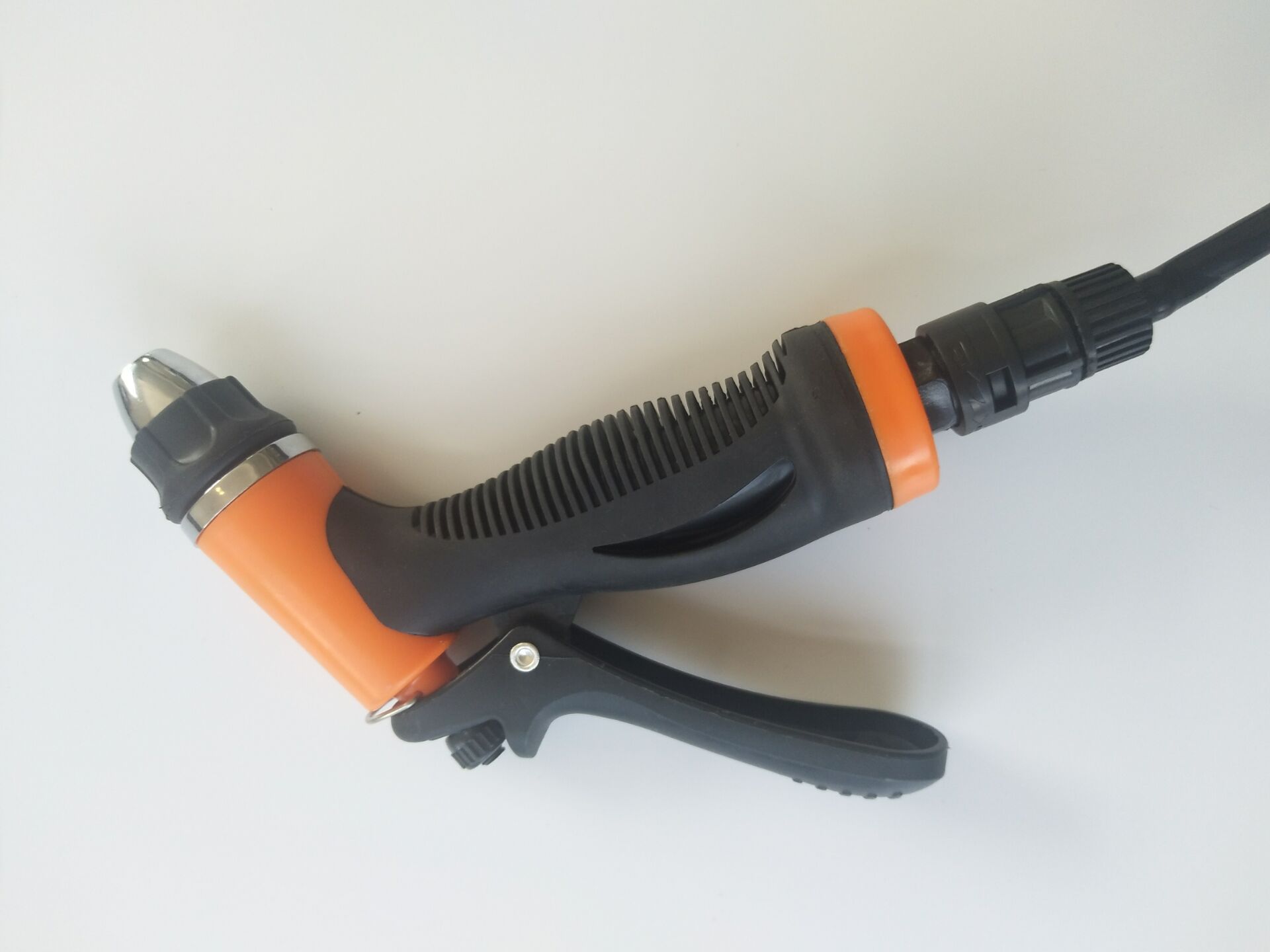
玉门市华炒黄鸡牧业有限公司位于甘肃省酒泉市玉门市甘肃农垦裕盛农业公司航城路440号,主营:(依法须经批准的项目,经相关部门批准后方可开展经营活动,具体经营项目以相关部门批准文件或许可证件为准)。
玉门市华炒黄鸡牧业有限公司贯彻党中央、国务院关于国有企业深化改革的部署,按照国资委做大、做强企业的有关要求,将继续推进企业改革,进一步调整优化产业结构,合理配置资源,提高核心竞争力,全面提升企业素质,面向国际、国内两个市场,向着更加远大的目标努力奋斗。
玉门市华炒黄鸡牧业有限公司在发展中注重与业界人士合作交流,强强联手,共同发展壮大。在客户层面中力求广泛 建立稳定的客户基础,业务范围涵盖了建筑业、设计业、工业、制造业、文化业、外商独资 企业等领域,针对较为复杂、繁琐的行业资质注册申请咨询有着丰富的实操经验,分别满足 不同行业,为各企业尽其所能,为之提供合理、多方面的专业服务。
玉门市华炒黄鸡牧业有限公司秉承“质量为本,服务社会”的原则,立足于高新技术,科学管理,拥有现代化的生产、检测及试验设备,已建立起完善的产品结构体系,产品品种,结构体系完善,性能质量稳定。
玉门市华炒黄鸡牧业有限公司是一家具有完整生态链的企业,它为客户提供综合的、专业现代化装修解决方案。为消费者提供较优质的产品、较贴切的服务、较具竞争力的营销模式。
核心价值:尊重、诚信、推崇、感恩、合作
经营理念:客户、诚信、专业、团队、成功
服务理念:真诚、专业、精准、周全、可靠
企业愿景:成为较受信任的创新性企业服务开放平台
关联企业